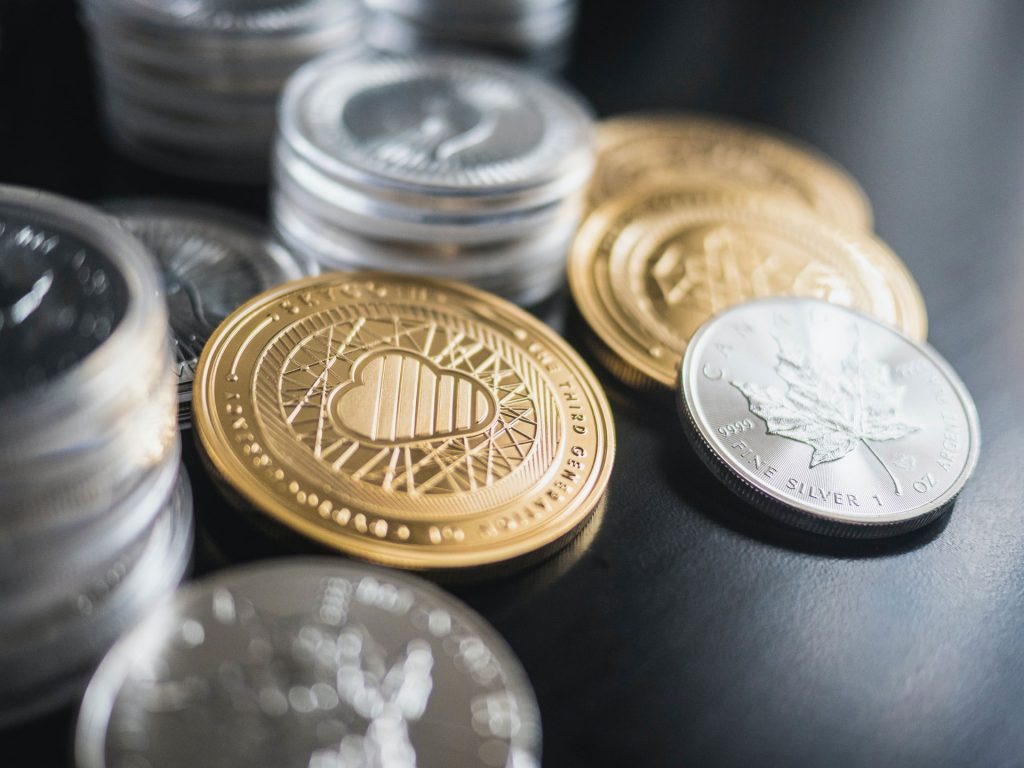In the world of cryptocurrency, security isn’t just a nice-to-have — it’s an absolute necessity. Unlike traditional banks, where you can call a hotline to reverse a fraudulent transaction, crypto is decentralized and mostly irreversible. One wrong move, and your digital assets could vanish without a trace.
Whether you’re a beginner or a seasoned investor, protecting your crypto should be a top priority. Here are five essential tips to help keep your crypto out of harm’s way.
1. Use Cold Wallets for Long-Term Storage
If you’re storing a significant amount of cryptocurrency, cold wallets (also known as hardware wallets or offline wallets) are your best friend. These devices keep your private keys completely offline, away from internet-connected devices and potential hackers.
Why It Matters:
Online (hot) wallets are vulnerable to phishing, malware, and exchange hacks. Cold wallets like Ledger and Trezor dramatically reduce those risks.
Pro Tip: Never share or upload your recovery phrase or private key online. Write it down and store it in a safe place — preferably offline and fireproof.

2. Beware of Phishing Scams
Phishing is one of the most common threats in crypto. Fraudsters often impersonate popular platforms, exchanges, or wallets and trick users into revealing private keys, passwords, or 2FA codes.
What to Watch For:
Pro Tip: Always double-check URLs, never click on unsolicited links, and enable spam filters on your email accounts. Bookmark your exchange and wallet sites to avoid mistyped URLs.
- Suspicious emails asking you to “verify” your account.
- Fake wallet apps on app stores.
- Telegram/Discord impersonators offering “support”.
3. Enable Two-Factor Authentication (2FA)
Using only a password to protect your accounts is like locking your front door and leaving the window wide open. Two-factor authentication (2FA) adds a second layer of security, requiring both your password and a time-sensitive code from an app like Google Authenticator or Authy.
Avoid Using SMS:
SMS-based 2FA is better than nothing but can be hijacked via SIM-swap attacks. Authenticator apps are far more secure.
Pro Tip: Backup your 2FA codes securely — losing access to them can lock you out of your exchange accounts permanently.
4. Keep Software and Devices Up to Date
Hackers often exploit outdated software with known vulnerabilities. Whether it’s your phone, computer, or crypto wallet app, keeping everything updated is vital.
What to Do:
- Enable automatic updates when possible.
- Use antivirus software and a firewall.
- Be cautious with browser extensions and apps that have access to sensitive data.
Pro Tip: Avoid using public Wi-Fi when checking or transferring crypto. Use a trusted VPN if necessary.
5. Diversify Your Risk
Just as you diversify your investments, you should diversify your storage methods. Don’t keep all your crypto in one exchange or wallet. Use a combination of:
- Cold wallets for long-term holdings.
- Hot wallets for small, daily transactions.
- Multiple exchanges (if needed) to avoid full exposure to one platform’s failure.
In Case of Platform Failure:
Crypto exchanges can go bankrupt, get hacked, or lock accounts. If your entire portfolio is in one place, you’re at serious risk.
Pro Tip: Regularly audit where your funds are stored. Move assets if any platform seems unstable or has security concerns.
Conclusion
Cryptocurrency offers freedom, privacy, and control — but with that comes responsibility. The same technology that gives you ownership over your digital assets can also make them vulnerable to theft if not handled correctly.
By following these five tips — using cold wallets, avoiding phishing scams, enabling 2FA, staying updated, and diversifying your storage — you can keep your crypto safe and sleep a little easier at night.
2 thoughts on “Five Tips for Keeping Your Crypto Out Of Harm’s way”